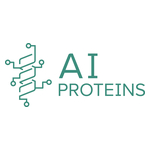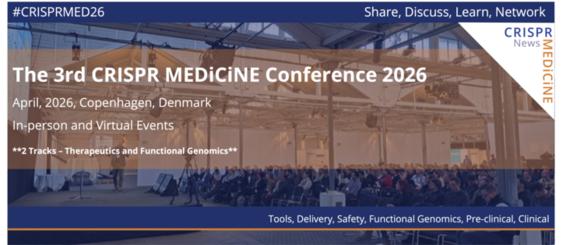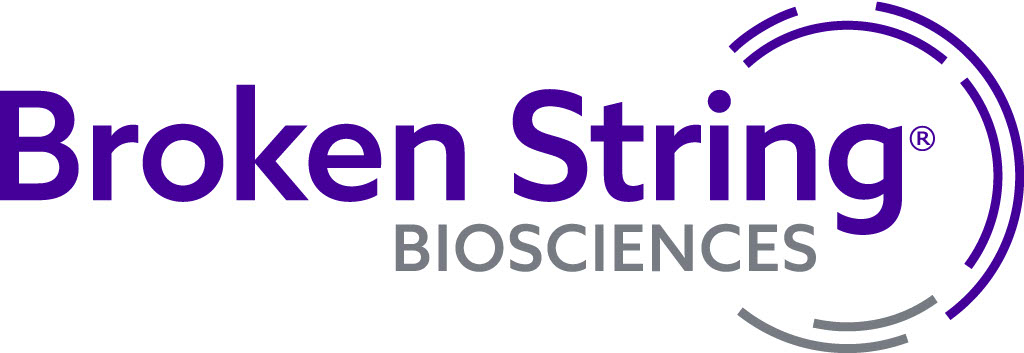Appointees include world-renowned bioinformatics expert Prof. Charlotte Deane and veterans in drug development and the FDA approval process, including Dr. Eric Rowinsky

BOSTON--(BUSINESS WIRE)--AI Proteins, Inc., a growing biotechnology company that utilizes computational de novo protein design to create novel therapeutic miniproteins, today announced the formation of a Scientific Advisory Board. The board will provide deep industry expertise and insights to fast-track the company’s efforts to bring next-generation therapeutics to market.
The eight-member board consists of: Alice Bexon, MD; Charlotte Deane, PhD; Todd Fehniger, MD, PhD; Justin Gainor, MD; Dennis Klinman, MD, PhD; Carl Novina, MD, PhD; Eric Rowinsky, MD; and Omer Yilmaz, MD, PhD.
“I am delighted to welcome this incredible group of physicians and scientists,” said Chris Bahl, founder, President, and CSO of AI Proteins. “We are excited about the depth and breadth of experience this distinguished group brings to AI Proteins, and we believe their guidance will be invaluable in advancing our mission to engineer novel miniprotein-based medicines to help patients as fast as we can.”
AI Proteins has built a high-throughput drug discovery platform that gives the company the unique ability to engineer and optimize therapeutic proteins at unprecedented speed to target a wide range of diseases. The Scientific Advisory Board will provide important guidance in helping to select therapeutic candidates to advance into further development.
Among the luminaries on the newly-formed board, Prof. Charlotte Deane MBE has the distinction of being one of the world’s top experts on structural bioinformatics. In her current position as Chief Scientific Officer - AI at Exscientia, she focuses on AI, machine learning, and protein design and discovery. AI Proteins values the opportunity to collaborate with Prof. Deane, who is doing exceptional work in the field and will bring an additional perspective to the company.
“I am excited by the unique way AI Proteins uses precision computational techniques combined with artificial intelligence to design miniproteins for specific disease profiles and challenges,” said Prof. Deane. “By using de novo design, AI Proteins can wield a tremendous amount of control over the function and properties of each protein to create therapeutics that are more effective in solving unmet medical needs.”
The FDA drug approval process will play an important role as the company moves candidates into further development, which is why AI Proteins looked for scientific advisory board members who are well-versed in clinical development, securing FDA approvals, and who deeply understand the many complexities involved.
Dr. Eric Rowinsky has spent many years developing therapeutics for cancer and preparing molecules for FDA approval. He has had executive-level roles at Hummingbird Bioscience, Inspirna (formerly Rgenix), Stemline Therapeutics, and Imclone Systems. Dr. Rowinsky has also served as an Adjunct Professor of Medicine at New York University School of Medicine. “Securing FDA approval for new drugs is notoriously complex—and rightly so,” said Dr. Rowinsky. “The FDA wants to ensure the efficacy and safety of any drug released on the market, and I look forward to helping AI Proteins demonstrate the tremendous advantages of its miniprotein therapeutics as it looks to move its first products into the clinic.”
About AI Proteins
Boston-based AI Proteins is a biotech company on a mission to re-imagine protein therapeutics with a novel approach for designing entirely new proteins. Using AI-based design and a high-throughput drug discovery platform, AI Proteins creates de novo proteins optimized for specific therapeutic applications. The AI Proteins platform enables the development of inexpensive, durable, highly specific proteins that have the potential for oral delivery. Additionally, the AI Proteins platform can dramatically accelerate the development of lead therapeutic candidates ready for IND enabling studies. For more information, please visit aiproteins.com.
AI Proteins Scientific Advisory Board
Alice Bexon, MD
Dr. Alice Bexon is a seasoned professional in the pharmaceutical and biotech industry, boasting over 20 years of expertise. As the founder of Bexon Clinical Consulting, she has provided consultancy services to various organizations and possesses extensive knowledge of clinical development, medical marketing, and regulatory interactions.
Charlotte Deane, PhD
Prof. Charlotte Deane MBE, a distinguished academic, holds the position of Professor of Structural Bioinformatics at the University of Oxford. As a fellow of St Anne's College and the Chief Scientific Officer - AI at Exscientia, her research focuses on protein structure, interaction networks, and the application of theoretical and empirical analysis. With expertise in structural modeling, bioinformatics, and library design, her invaluable insights contribute to the advancement of machine learning algorithms in the field.
Todd Fehniger, MD, PhD
Dr. Todd Fehniger is a highly experienced physician-scientist specializing in Immunology and Oncology. Currently serving as a Professor of Medicine at Washington University School of Medicine, he leads a research team focused on understanding NK cell development, enhancing immune responses to cancer, and lymphoma immunogenomics. With a strong background in both basic and clinical research, Dr. Fehniger's interests lie in hematologic malignancies, hematopoietic cell transplantation, and cellular immunotherapy.
Justin Gainor, MD
Dr. Justin Gainor is a prominent figure in the field of thoracic cancers, serving as the Director of the Center for Thoracic Cancers Program at Massachusetts General Hospital. His research focuses on targeted therapy and immunotherapy, with a particular emphasis on oncogene-driven lung cancers, including those involving ALK and RET oncogenic fusions. Dr. Gainor leads clinical trials investigating novel targeted therapies and has made significant contributions in understanding mechanisms of resistance to these therapies.
Dennis Klinman, MD, PhD
Dr. Dennis Klinman is currently Chief Scientific Advisor at COBRO VENTURES, INC. He was trained in rheumatology and immunology. He spent 18 years at the FDA before moving to the NCI where he served as a Senior Investigator for 14 years. He holds several core patents in the field of TLR agonists, as well as for adjuvants such as those used in Heplisav (Hepatitis B vaccine) and the newest generation anthrax vaccine. His areas of expertise include immunotherapy, cancer vaccines, innate immunity, TLR agonists, autoimmunity and regulatory affairs.
Carl Novina, MD, PhD
Dr. Carl Novina is a highly accomplished researcher with a diverse academic background, and is co-founder of multiple companies including AI Proteins, NextRNA Therapeutics, Dynamic Cell Therapies, and Microbial Machines. Currently serving as Principal Investigator at the Dana-Farber Cancer Institute and Associate Professor at Harvard Medical School, his research focuses on cancer immunology and virology, employing innovative technologies to bridge the gap between biological discoveries and the development of novel therapies.
Eric Rowinsky, MD
Dr. Eric Rowinsky is a highly accomplished and experienced medical professional with a broad range of expertise in the biopharmaceutical industry. He has held various academic and executive positions including Hummingbird BioScience, Inspirna (formerly Rgenix), Stemline Therapeutics, and ImClone Systems. Dr. Rowinsky has played integral roles in the development and FDA approval of several cancer therapeutics. With an extensive background in medical oncology, he has made significant contributions to the field through clinical and preclinical investigations, and he has contributed as an Adjunct Professor at New York University School of Medicine and as a board member for Biogen Inc., Fortress Biotech, Purple Bio, and Verastem Inc.
Omer Yilmaz, MD, PhD
Dr. Omer Yilmaz, a distinguished professor and pathologist, focuses on understanding the impact of different diets on adult stem cells and their microenvironment in tissue regeneration, aging, and cancer initiation. He currently serves as the Eisen and Chang Development Professor, Associate Professor of Biology at MIT, and board-certified anatomic pathologist at the MGH. His laboratory has developed innovative techniques, such as genetically defined intestinal cancer organoids and endoscopic Crispr/Cas9 genome editing, to study tumor initiation, growth, aging, metastasis, immunosurveillance, and drug resistance in relation to diverse dietary states and the gut microbiome.
Contacts
Media
Ben Kellogg
Bunsen
ben@bunsenstudio.com
+1 (917) 816-0831









